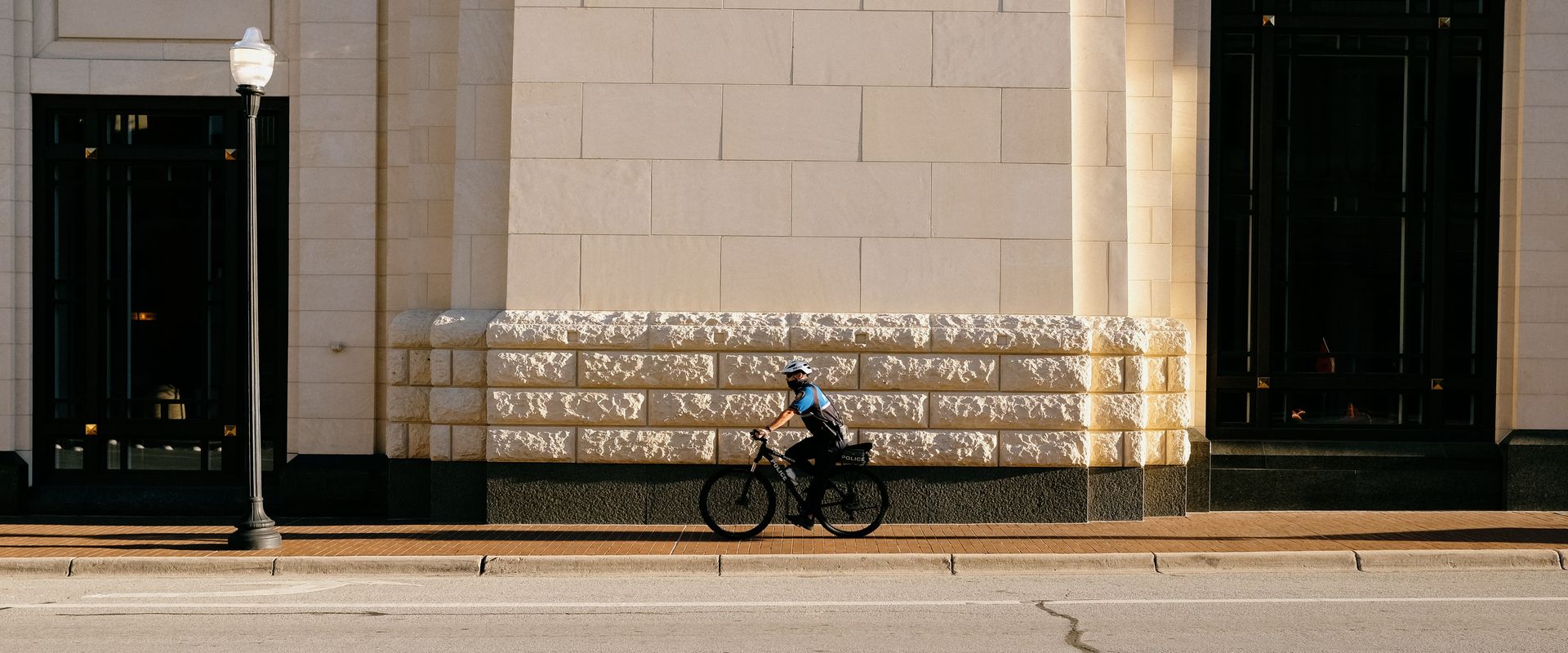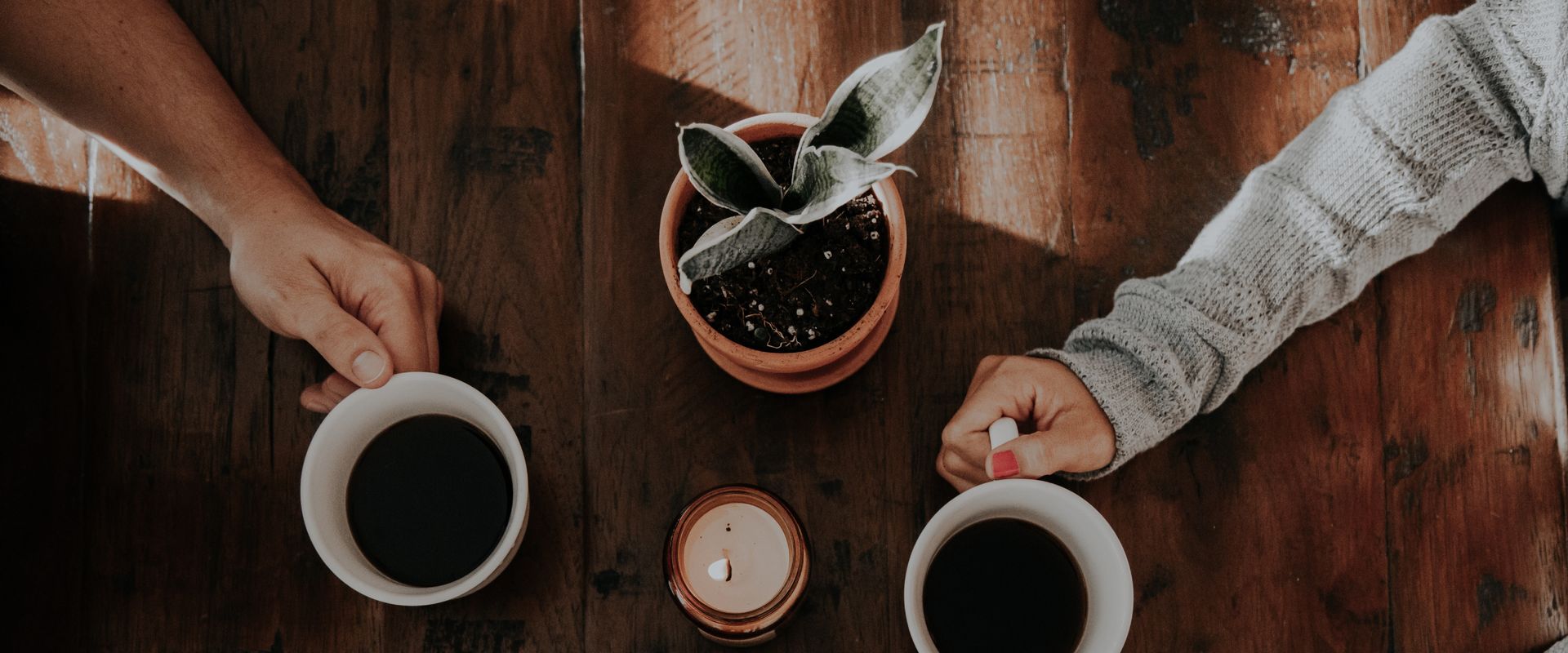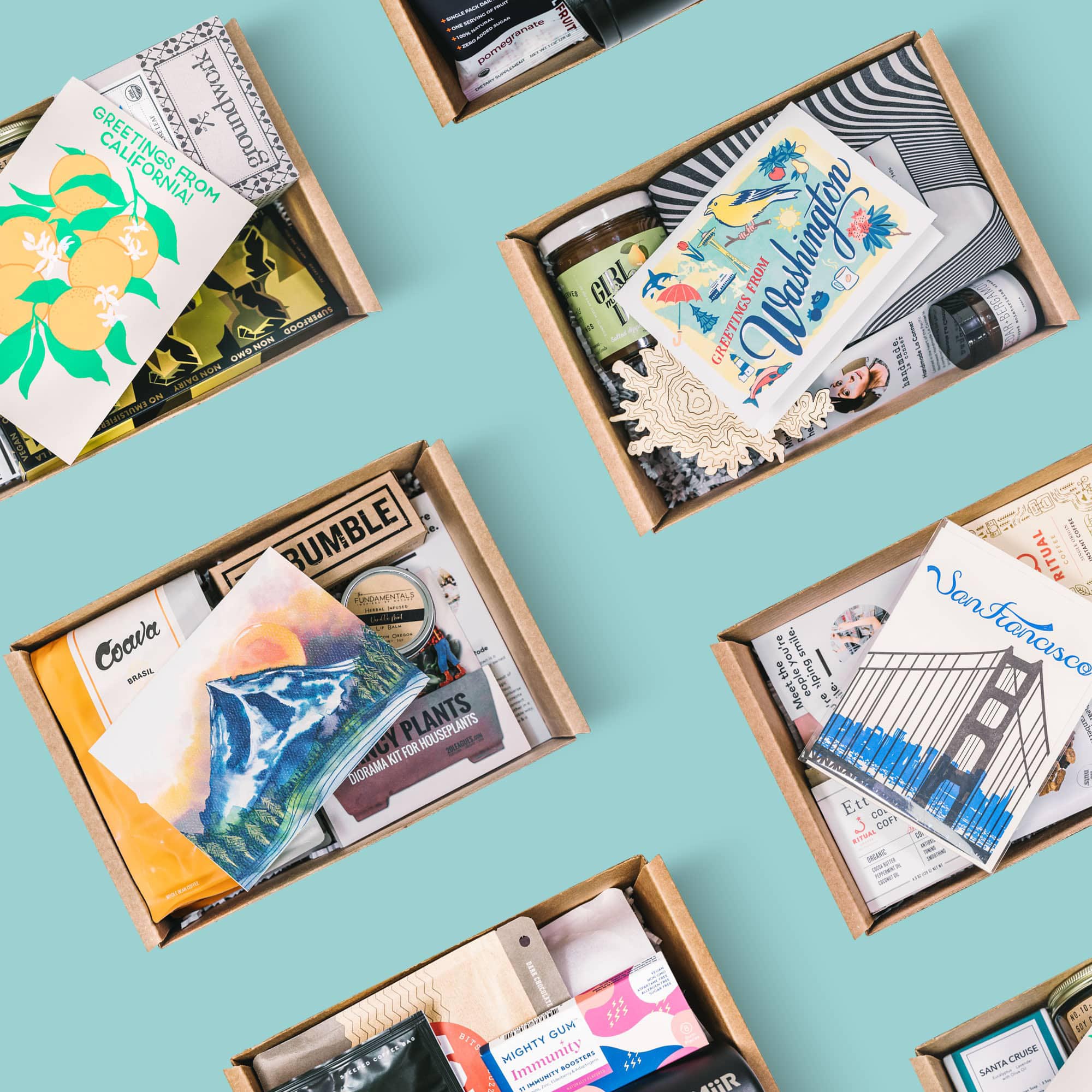Both problems — a lack of opportunity and a lack of coffee — pointed to one solution.
Refuge Coffee Co. feels like the front porch of Clarkston, Georgia. If you sit outside at one of the picnic tables long enough, you’ll hear greetings in Swahili, Arabic, and English. The coffee truck hums as customers stop by for their usuals, and the indoor section hosts a steady stream of meetings and people from the Atlanta metro area. Men, women, and children from around the world walk around the block to gather for one thing: coffee. This might sound more like the international airport than a small Southern town. But it makes perfect sense for Clarkston.
The Most Diverse Square Mile in the U. S.
Iraq. Somalia. Democratic Republic of Congo. Nepal. India. Spanning less than a mile and a half, you can hear 60 different languages from more than 50 countries in Clarkston. It’s a “city” of more than 13,500 people but almost 32 percent of those people weren’t born there.
Clarkston became a refugee asylum city in the 1990s when the government identified it as a convenient location for refugee resettlement due to the proximity to the Atlanta metro area, affordable housing, and public transportation. Today it’s known as the “Ellis Island of the South.”
Even with resettlement numbers declining — the National Immigration Forum expects the relatively small number of 30,000 refugees to be resettled in 2019; 85,000 were settled in 2016. Clarkston provides a home for refugees fleeing war, poverty, and religious persecution. While just 20 miles from downtown Atlanta, Clarkston is almost a world away and a world that was never on Kitti and Bill Murray’s minds until a few years ago.
Pulpits and Proximity
During college, Bill Murray would drive around downtown Atlanta and count the churches with closed doors, boarded windows, and abandoned parking lots. He felt called to full-time pastoral work, yet he wondered at the broken windows and empty churches — why haven’t many urban churches not only survived but grown in the heart of such a full city, he asked himself.
After pastoring for more than 20 years, Bill said he realized that his “imprint [was] on people and not an organization,” and that formal pastoral work wasn’t how he wanted to spend the next season of his life: “It took a long time to figure out, but the armor didn’t fit,” he explained to Common Good during a recent interview in Clarkston. So in 2008, he left his pastoral role, which ushered in the “most exciting ministry time of our lives.”
After transitioning careers, the Murrays moved into an apartment complex in downtown Atlanta to work with an organization called Apartment Life.
That’s when a local seminary reached out to Bill and asked him to teach a course on biblical social justice. During the semester, a recurring question kept coming up in Bill’s mind: “Why are the poor not a part of my life and fellowship with Christ?” He was living in an elite, urban area with young professionals, and similar to his drives around Atlanta in college, this question made him think about how his faith actually integrated with how he lived his life.
“I began to want to leverage my privilege for other people,” he said. But the issue? A lack of proximity.
The Murrays began to think about how their lack of proximity to diverse communities could change. They knew about Clarkston but never thought about it as a potential home.
Kitti Murray jokingly asked a friend if they had a house for sale in Clarkston. The non-joking answer: yes. So the Murrays moved again.
Welcome Mats and Equal Opportunity Employment
When she first moved out to Clarkston, Kitti worked as a writer. She said she couldn’t find a comfortable coffee shop close to Clarkston where she could write. In an area dominated by refugees and immigrants, a lack of coffee shops was far from the largest economic problem. Employment can be sparse, the Murrays explained, at least the kind of employment that can equip workers to transition to better jobs.
Both problems — a lack of opportunity and a lack of coffee — pointed to one solution.
“It was an issue of equal opportunity employment and investment in a space for people who couldn’t create that kind of space for themselves,” Kitti said.
She hoped someone would see the value in that kind of investment. But as Kitti shared with others this idea of starting a coffee shop, she said it became clearer that God was calling her to lead out in the project.
So she did.
“Her motive for starting the coffee shop was to bless Clarkston,” Bill said. “And to tell a better refugee story.”
With the help of local lawyers and business partners, the Murrays started Refuge Coffee Co., a full-service coffee shop meant to be a gathering place for Clarkston and a training ground for refugees. Today Refuge employs seven trainees, each of whom is a refugee from around the world, including Nepal, Sudan, and Democratic Republic of Congo.
Refuge’s first trainee, Leon, now manages the daily business needs. Refuge provides both steady employment, job training, and they send employees to English training based on the person’s needs. Because they often flee war, religious persecution, and general distress in their own countries or refugee camps, many resettlement programs strive to provide an environment to help refugees dream about potential future career paths. Refuge ensures their employees get the opportunity to do this by partnering with other organizations that work with refugees.
“They’ve never been able to think forward because they’ve always been in survival mode,” Kitti Murray said. “We are doing this with the refugee community, not for the refugee community.”
When an employee begins their training with Refuge, Kitti does one thing: hands them a welcome mat and invites them into the mission of Refuge.
“[Opening a coffee shop] is the hardest thing I’ve ever done other than raising kids,” Kitti said. “But, like raising kids, it’s fun and wonderful and I wouldn’t trade it for anything. But it’s also not rocket science. People can do things they don’t realize they can do.”
Today, if you sit at the picnic tables in Clarkston and listen to the meshing of languages, train whistles, coffee grinders, and the Murrays greeting almost every customer by name, you’ll see only a glimpse of the work behind Refuge Coffee Co. and the people who make training and providing sustainable employment for refugees possible.
Bill said the success of Refuge isn’t something they can credit to themselves, but to saying yes to God’s leading in their lives the last few years.
“What does it mean to actually follow Jesus?” he asked during the interview. “It just means saying yes to whatever God is leading you toward without knowing whatever is going to come on the other side. We couldn’t have imagined what would be on the other side of our yes, but I’m sure glad we said it.”
The Murrays are telling a better refugee story — both in Clarkston and beyond — one cup of coffee and conversation at a time.




